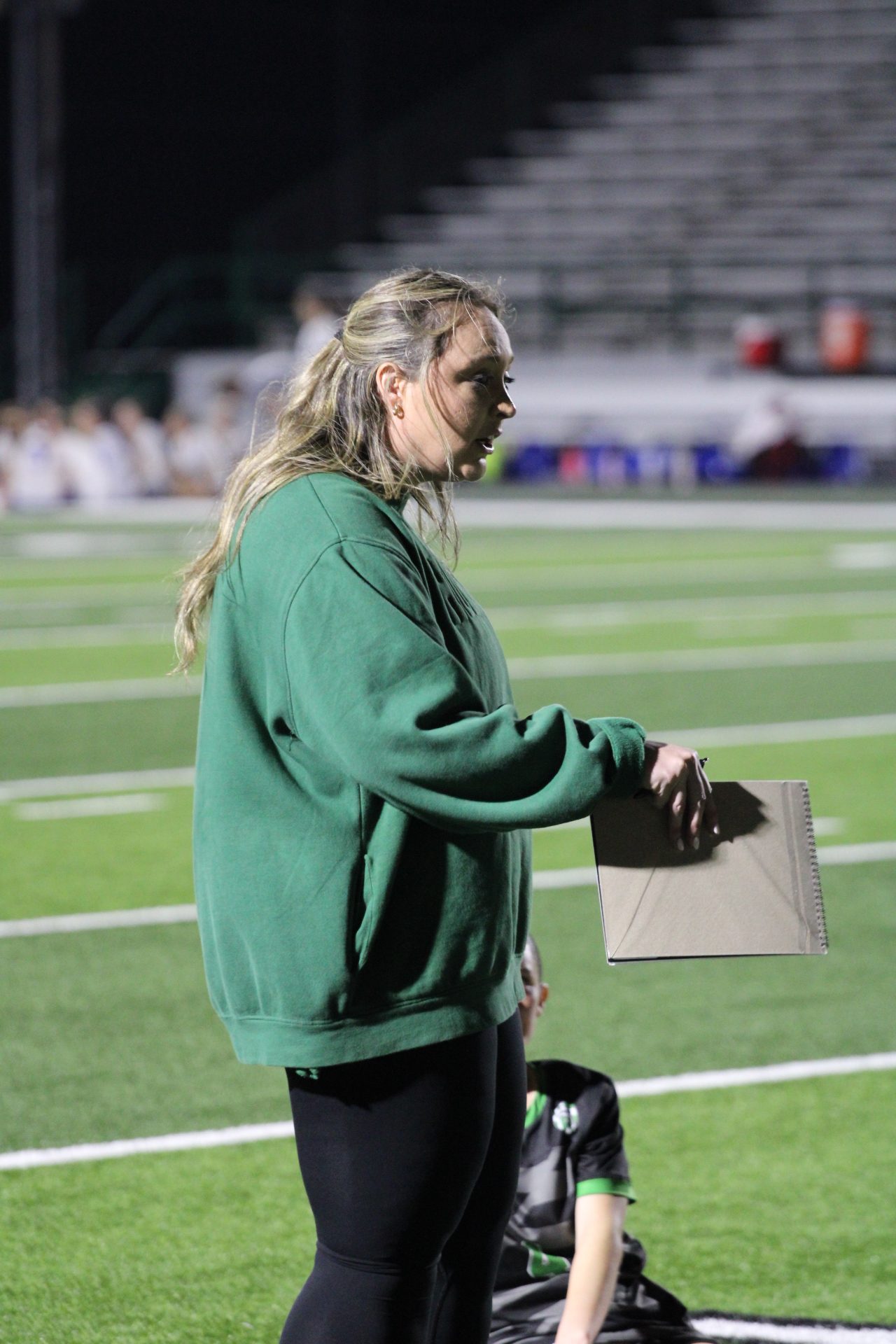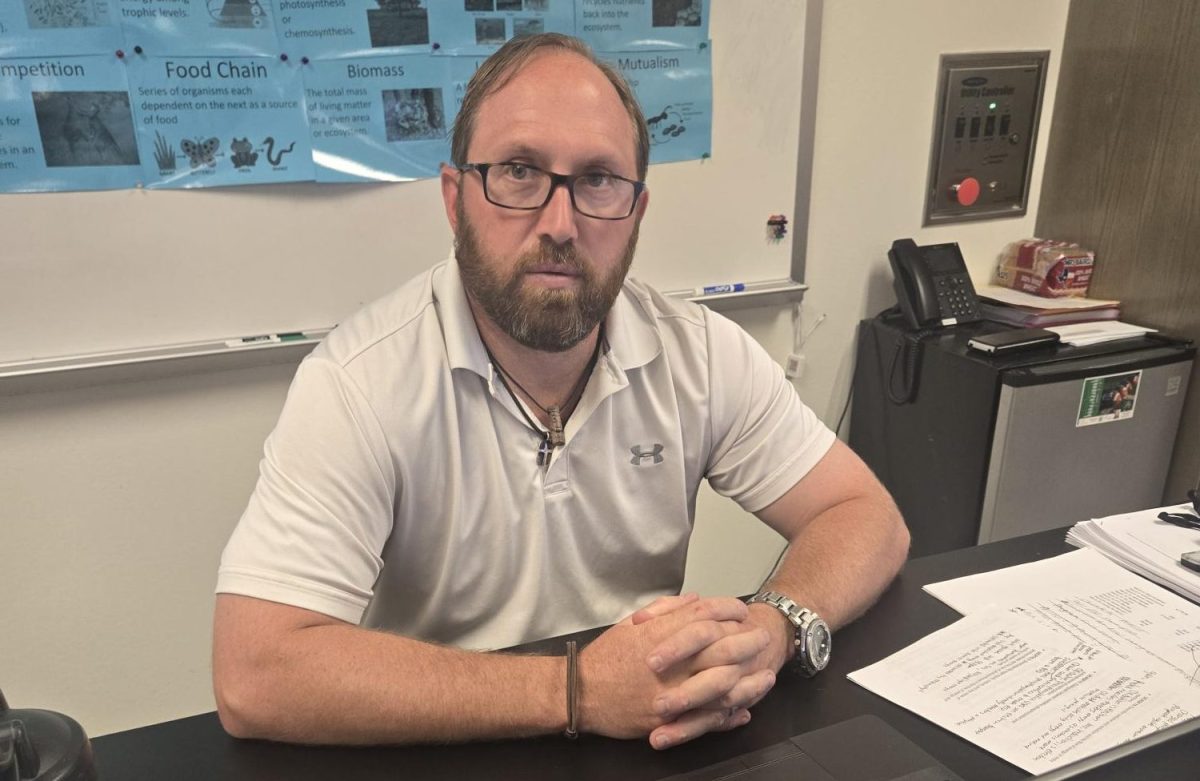Wake up at 5 to get to school at 6. Practice until second period, and then teach the rest of the day. After school you have a meet, and since this one is an away game, you won’t get home until midnight. This is a day in the life of a high school coach.
To do what they do, coaches must have dedication and patience.
“To be a coach you need to love what you do every day,” girl’s powerlifting and track coach Andi Holly said. “You may not be the most knowledgeable, but if you are a coach who truly loves to coach kids and always is looking for ways for them to be successful, then you will always be a good coach. Better than good, you will be great.”
To become a coach, it’s more than just a bachelor’s degree and a teaching certificate. You need the drive and motivation.
“I’ve always been a competitive person, and I’ve always had a drive to work hard,” boys head soccer coach John Epps said. “I like making a difference in kids and knowing that they are going to be successful later on in life because of all the life lessons.”
However, a deep understanding of your sport is important for individualized training plans so each student gets the most out of their sport.
“It takes a lot of organization between people,” assistant girls track and cross country coach Kelsie Jones said. “Making sure all the kids that need to be doing a specific workout are at that place and that you’re there for everybody. Cross country is a little bit different. We are all running the same distance, so everyone is in the same workout, but then you have injured students on their own individualized plan. It’s a lot of trial and error.”
There are several challenges coaches face that most students might not be aware of that go beyond organizing practices, weight room and meets.
“There is so much behind the scenes that people don’t think about,” Epps said. “There are bus requests, setting rosters, making sure that everybody has all their paperwork, scheduling all the games for the season, creating rules and expectations, doing grade checks, checking the weight room system set-up, making sure you have custodial [staff], analyzing film, having game workers for tickets, having security for games and there’s so much more on top of that.”
Girls golf coach Eddy Prather has been a coach for 40 years and said he’s had to adapt his coaching to current times.
“Kids want to get a job and work, but they still want to play sports, so one of the challenges is getting the kids to balance their school life, work life and athletic life,” Prather said. “Also especially in the last 15 years, technology has exploded, so there’s lots of challenges with that now.”
Coaches have early mornings and late nights. They are burdened with a lot, but they do it all for the love of the kids and the sport, where they constantly work to better the team both inside and outside of the sport.
“My biggest goal when I was a head coach was to try to help the kids learn how to serve each other,” assistant swim and girl’s golf coach Cockerham said. “The world around us is so self-oriented, and to be successful, you can’t be just be an individual, you have to work together to be good. You have to put aside how you personally feel about it.”
Being a coach takes sacrifice, but you gain community and get to do what you love every day.
“Coaching is a heavy investment into our players, our school and our community,” girl’s head volleyball coach Kenley Buckholt said. “Good teams and athletes aren’t built overnight- coaches have to be willing to continuously put in the work, play the long game and see the bigger picture down the road.”




